The Digital Health Partnership Team
Our DHP Leadership
Hasso Plattner Institute, Digital Health Cluster:
Hasso Plattner Institute, Digital Health Cluster:
Hasso Plattner Institute, Digital Health Cluster:
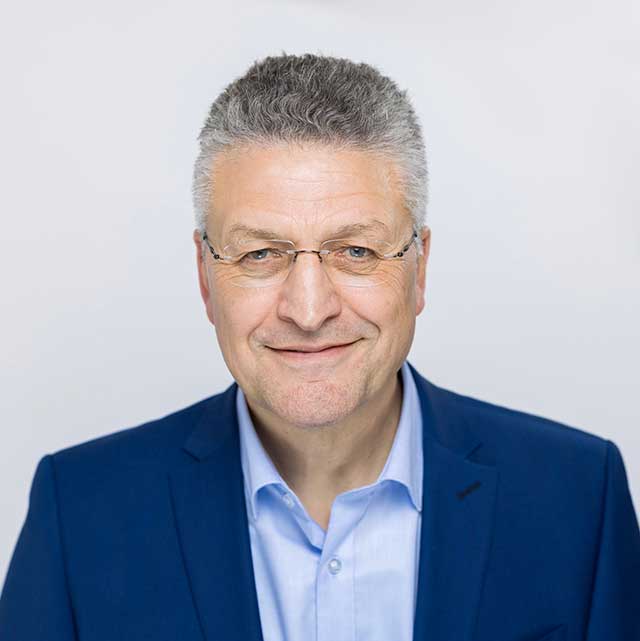
Lothar H. Wieler
Co-director of the Partnership, Chair – Digital Global Public Health, Coordinator DHC
Read MoreLess
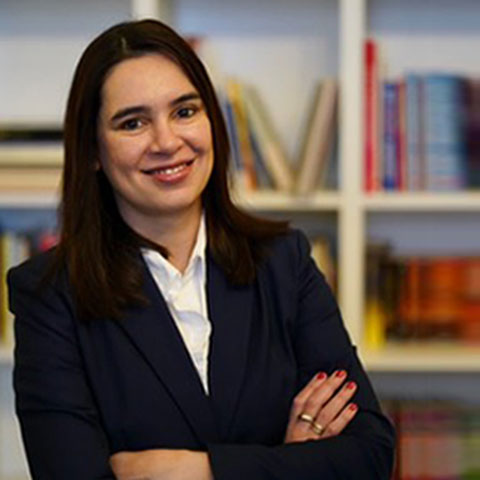
Esther-Maria Antao
Partnership Lead, DHC
Read MoreLess
Hasso Plattner Institute for Digital Health Mount Sinai, Windreich Department of AI and Human Health:

Girish N. Nadkarni
Co-director of the Partnership, Chair – Department of AIHH
Read MoreLess
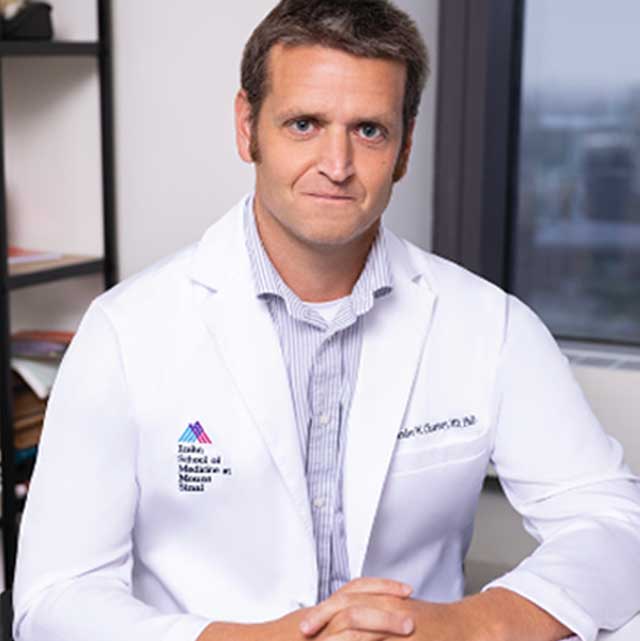
Alexander W. Charney
Director, The Charles Bronfman Institute for Personalized Medicine
Read MoreLess
Data4Life:

Dr. Ben Illigens
MD, MBI, CEO, Data4Life
Read MoreLess
Lorem ipsum amet ex libris nunca sunt adipiscum trahunt omnes divisum soler sed uni partes tres quem magnum adhoc lorem ipsum amet ex libris nuca sunt adipsicum trahunt omnes tres divisum sed ubi soler quem.
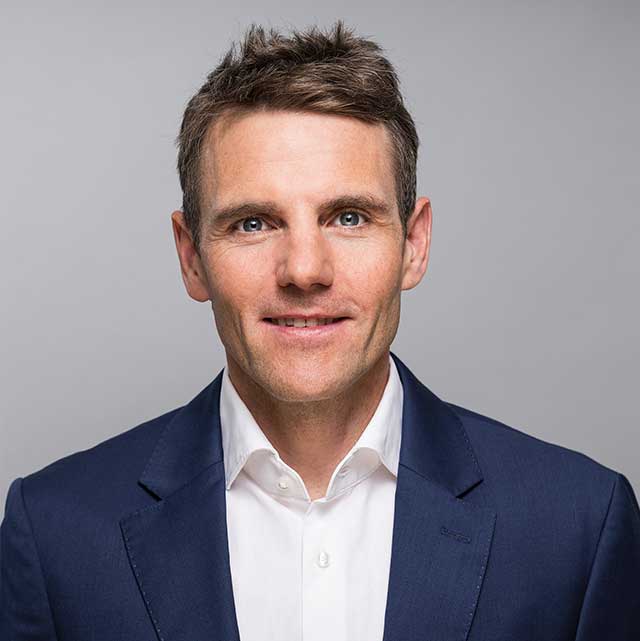
Sebastian Woinar
Co-CTO, Data4Life
Read MoreLess

Sebastian Woinar
Co-CTO, D4L
Read MoreLess

Girish N. Nadkarni
MD MPH at Mount Sinai Hospital
Read MoreLess
Team members list:
D4L team:
AIRMS part of team:
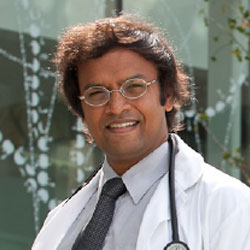
Andrew Deonarine
Senior IT Director and Principal Physician Informaticist
Read MoreLess

Andrew Deonarine
Senior IT Director and Principal Physician Informaticist
Read MoreLess
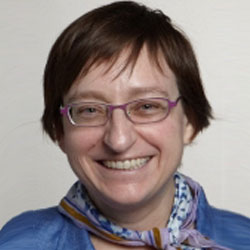
Patricia Kovatch
Dean for Scientific Computing and Data & Professor
Read MoreLess

Lewis Lo
IT Manager
Read MoreLess
Message from Hasso Plattner Foundation
"The Digital Health Partnership between the Hasso Plattner Institute, Data4Life, and the Hasso Plattner Institute for Digital Health at Mount Sinai continues to evolve as a flagship collaboration at the intersection of science, technology, and global health."
Read MoreLess

Moritz Matthey
Head of Program Management at Hasso Plattner Foundation
"In launching the Digital Health Partnership (DHP), we’ve embraced a bold opportunity to re-imagine how international collaboration can accelerate innovation, reshape health systems, and improve lives."
Read MoreLess

Girish N. Nadkarni
MD, MPH, Mount Sinai
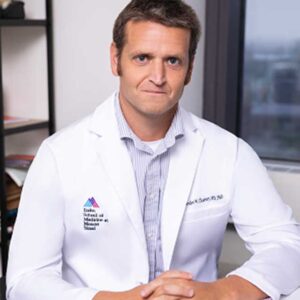
Alexander W. Charney
MD, PhD, Mount Sinai
"The Digital Health Partnership between the Hasso Plattner Institute, Data4Life, and the Hasso Plattner Institute for Digital Health at Mount Sinai continues to evolve as a flagship collaboration at the intersection of science, technology, and global health."
This transatlantic alliance brings together clinicians, computer scientists, and developers to tackle some of the most pressing challenges in healthcare, from precision medicine to public health, through data-driven innovation and interdisciplinary research. At its core, the partnership is designed to foster scientific and academic exchange, accelerate the responsible use of health data, and develop scalable digital solutions that improve prevention, diagnosis, and treatment. With strong institutional backing and a shared vision for data-driven insights, this collaboration is not only advancing research excellence but also setting new standards for how digital health can be shaped responsibly and inclusively. We are proud to support this partnership and extend our heartfelt thanks to all involved researchers, clinicians, engineers, and coordinators. Your dedication and vision have made this partnership a success and your contributions continue to inspire and drive progress across our ecosystem.

Moritz Matthey
Head of Program Management at Hasso Plattner Foundation
Formed in 2019 between HPI and Mount Sinai, this partnership led to the foundation of the Hasso Plattner Institute for Digital Health at Mount Sinai. As of April 1st, 2024, the partnership entered a new funding phase and is now branded under the name Digital Health Partnership.
The Transatlantic Collaboration Fund—granted by the Hasso Plattner Foundation—supports:
- The Digital Health Graduate School
- Joint research projects
- Housing and operational expenses
Supported by Data4Life and the Hasso Plattner Foundation (HPF), this partnership enhances the technical capacity of research tools like AIR:MS.
The Partners
Hasso Plattner Institute for Digital Health at Mount Sinai (HPI-MS)
This institute is a collaboration between the Hasso Plattner Institute in Potsdam and the Icahn School of Medicine at Mount Sinai in New York. Founded in 2019, HPI-MS combines data science, biomedical and digital engineering, and medical expertise to realize the promise of digital health. Its mission is to drive innovation that will revolutionize how people understand personal health and healthcare systems.
HPI-MS receives generous support from the Hasso Plattner Foundation. Current research programs include the Digital Discovery Program and the AI-Ready Mount Sinai platform, focusing on diagnosing and treating patients using machine learning.
Data4Life
Data4Life gGmbH is a nonprofit organization aiming to make health data readily available for medical research. They focus on public health and personalized medicine to improve diagnosis, treatment, and prevention.
They collaborate with major institutions like:
- Charité in Berlin
- Robert Koch Institute (Berlin)
- Mount Sinai Health System (New York)
- Fraunhofer Heinrich-Hertz-Institut (Berlin)
They also contribute to the AIR:MS project (since 2019) by providing software engineering, data management, and interoperability services.
Hasso Plattner Institute (HPI)
The HPI is a leading academic center for digital engineering and innovation. Founded in 1999 by SAP co-founder Hasso Plattner, it offers unique bachelor’s, master’s, and PhD programs in IT systems engineering and digital health. HPI emphasizes interdisciplinary learning, blending design thinking, cybersecurity, health data management, and AI.
Central to HPI’s healthcare work is the Digital Health Cluster, which drives innovation by developing digital solutions to improve medical processes and patient outcomes. It fosters collaboration between IT experts, medical professionals, and researchers—solidifying HPI’s role as a global leader in digital health.
The cluster continues to broaden its focus by integrating healthcare and public health, taking a holistic, patient-centered, and data-driven approach. Its mission is to harness digital technologies to improve the health and well-being of individuals and communities.